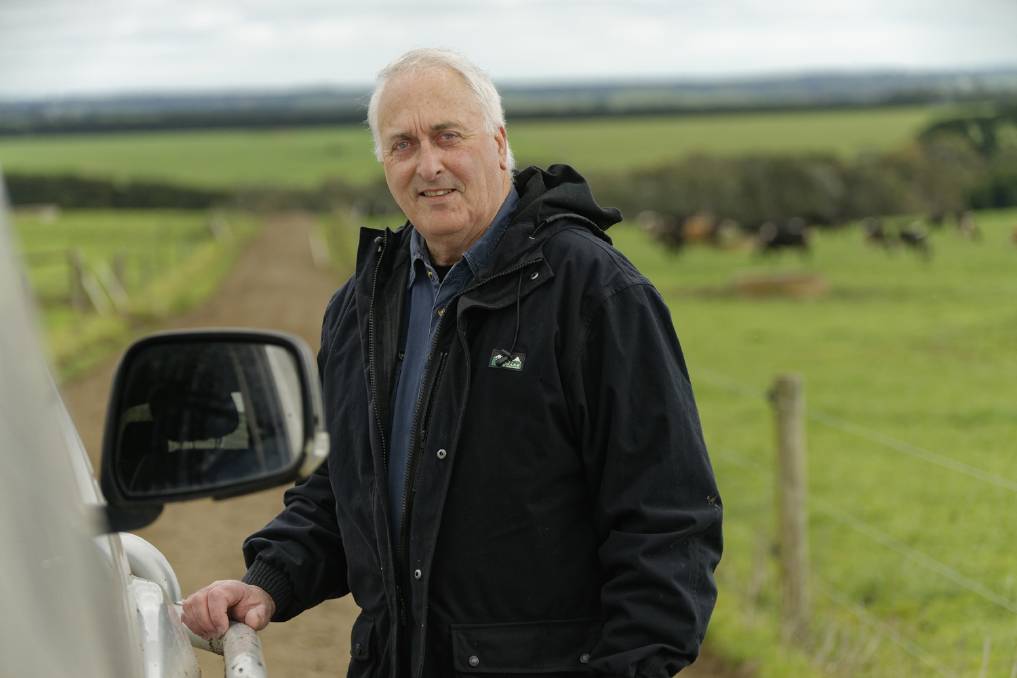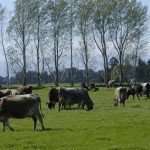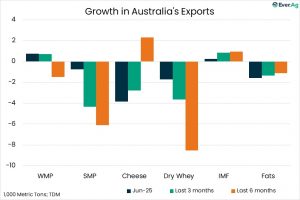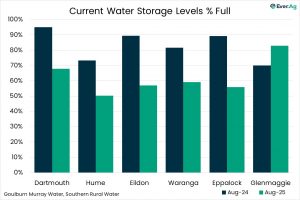
It was not a promise made lightly.
I attended nearly all of the 25 regional workshops across Australia as part of the Australian Dairy Plan, and one theme kept coming up time and again: our industry structures are no longer fit for purpose.
The consensus was that industry advocacy is vital, and any restructure needs to address our poorly resourced advocacy framework.
We have spent the last two years diligently working towards this goal. A Joint Transition Team (JTT), appointed to explore how to achieve this objective, recommended that the dairy industry’s advocacy and service functions (including research, development and extension work) be merged into one single organisation.
Australian Dairy Farmers (ADF), the Australian Dairy Products Federation (ADPF) and Dairy Australia then formed a steering committee to investigate how the JTT’s recommendation, called NewCo B, could work.
Consultants Ernst Young were contracted to lead the design of a proposed model that could be put forward for industry consultation.
Former Meat and Livestock Australia managing director David Palmer was asked to conduct a consultation process with industry, including farmers, processors and other interested parties.
But at the end of this process, we were faced with a simple truth: a single, whole-of-industry reform is not possible at this stage.
There are restrictions preventing the use of farmer levies, collected by the federal government, for agri-political activity, which could include campaigning against the government on key issues.
It is vital that any changes to industry structures enhances – not stifles – the farmers’ voice.
A single model that would include both farmers and processors, cannot accommodate each group having independent representation.
And a single model that combines advocacy and service functions would compromise government investment in research, development and extension initiatives under the current regulatory framework.
Our commitment to reform industry structures remains as strong as ever.
– Terry Richardson, ADF president
This outcome may be underwhelming to some, but it was absolutely necessary to explore what we can realistically achieve.
And our commitment to reform industry structures remains as strong as ever.
This is what we committed to following the Dairy Plan workshops, and it remains our commitment today. But with NewCo B not yet a realistic option, we must instead look to alternative solutions.
In March, ADF convened a two-day workshop with delegates from all six state dairy farmer organisations (SDFOs) to discuss openly and honestly the challenges of our current structures, particularly funding, and how we can work together to change this situation, because if we don’t act now, it may well be too late.
It is obvious to even the most casual observer that our current funding arrangements are not sustainable, and it is crucial that we resolve this challenge before wider structural reform is considered further.
Any membership fees collected from farmers are shared by different state and national organisations with overlapping responsibilities.
If this continues, we will be incapable of providing effective policy and advocacy support to dairy farmers. But vital to any chance at reform is regional co-operation between national and state representatives.
With that in mind, ADF will now lead a taskforce, comprising the leaders of each SDFO and chaired by David Palmer, to consider how we can optimise policy and advocacy development at a national and state level.
One possible option that is ripe for discussion is the establishment of a national dairy council, which would be a separate legal entity and sit between ADF and Dairy Australia to support the industry’s policy development processes.
The next step in this process will be for ADF and SDFOs to jointly engage with state farming organisations to further refine a proposal that can, once again, be brought to industry for consideration.
Two years ago, farmers requested reform, and that’s what we’re determined to deliver.

























